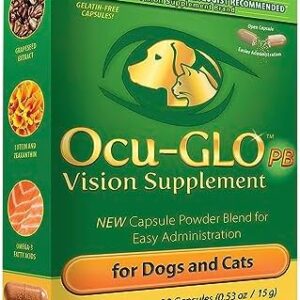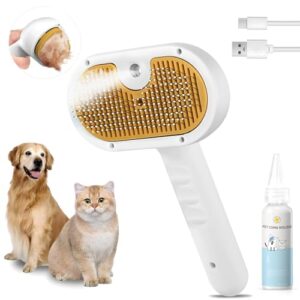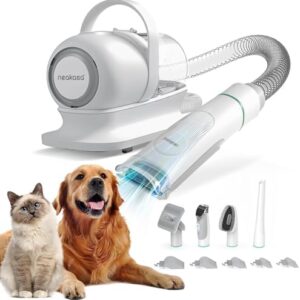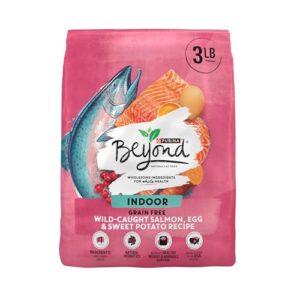
When it comes to our furry feline friends, we want to ensure they are getting the best nutrition possible. Just like us, cats need a balanced diet to keep them healthy and happy. But with so many options on the market, how do you know which cat food is the best for your pet? In this ultimate guide, we will break down everything you need to know about choosing the best cat nutrition food for your beloved kitty.
First and foremost, it’s important to understand that cats are obligate carnivores, which means they require a diet high in animal protein to thrive. This is because their bodies are designed to digest and utilize nutrients from meat sources, such as chicken, fish, and beef. When looking for cat food, make sure the first ingredient listed is a high-quality protein source, such as chicken or fish meal. Avoid foods that are primarily filled with fillers like corn, wheat, and soy, as these ingredients offer little to no nutritional value for your cat.
In addition to protein, cats also need a balance of fats and carbohydrates in their diet. Fats are essential for providing energy and supporting healthy skin and coat, while carbohydrates help with digestion and provide a source of energy. Look for cat foods that contain healthy fats, such as omega-3 and omega-6 fatty acids, which can be found in ingredients like fish oil and flaxseed. Carbohydrates should come from sources like brown rice, sweet potatoes, and peas, rather than fillers like corn and soy.
When it comes to feeding your cat, it’s important to consider their age, size, and activity level. Just like humans, cats have different nutritional needs depending on their life stage. Kittens, for example, require a diet high in protein and calories to support their growth and development. Adult cats have slightly different needs, as they require a balance of protein, fats, and carbohydrates to maintain their health. Senior cats may benefit from a diet that is lower in calories and higher in fiber to support digestion and prevent weight gain.
It’s also important to take into account your cat’s size and activity level when choosing their food. Cats that are more active will require a higher calorie diet to fuel their energy needs, while cats that are less active may benefit from a lower calorie diet to prevent weight gain. If you’re unsure about which food is best for your cat, consult with your veterinarian for personalized recommendations.
In addition to considering your cat’s age, size, and activity level, it’s also important to take into account any specific health concerns they may have. Just like humans, cats can suffer from a variety of health issues, such as allergies, digestive problems, and kidney disease. If your cat has a specific health concern, look for cat foods that are tailored to address these issues. For example, if your cat has allergies, opt for a limited ingredient diet that avoids common allergens like chicken and grains. If your cat has kidney disease, look for a cat food that is low in phosphorus to support kidney function.
When it comes to choosing a cat food, it can be overwhelming trying to navigate the countless options on the market. To help narrow down your choices, look for cat foods that are made by reputable brands with a history of producing high-quality products. Avoid generic brands and cheap products, as they may not provide the nutrition your cat needs to thrive. Additionally, look for cat foods that have been AAFCO (Association of American Feed Control Officials) certified, as this ensures they meet the minimum nutritional requirements for cats.
When it comes to feeding your cat, it’s important to establish a consistent feeding schedule and portion control to prevent overfeeding. Most cats do well with free-feeding, where food is available at all times, but some cats may benefit from scheduled feedings to prevent obesity. Keep an eye on your cat’s weight and body condition, and adjust their feeding accordingly to maintain a healthy weight.
In conclusion, choosing the best cat nutrition food for your feline friend is essential to their health and well-being. By considering their age, size, activity level, and any specific health concerns they may have, you can ensure your cat is getting the nutrition they need to thrive. Look for cat foods that are high in protein, balanced in fats and carbohydrates, made by reputable brands, and AAFCO certified. And remember, always consult with your veterinarian for personalized recommendations to meet your cat’s unique nutritional needs. With the right food and proper care, your cat will live a long and healthy life by your side.






